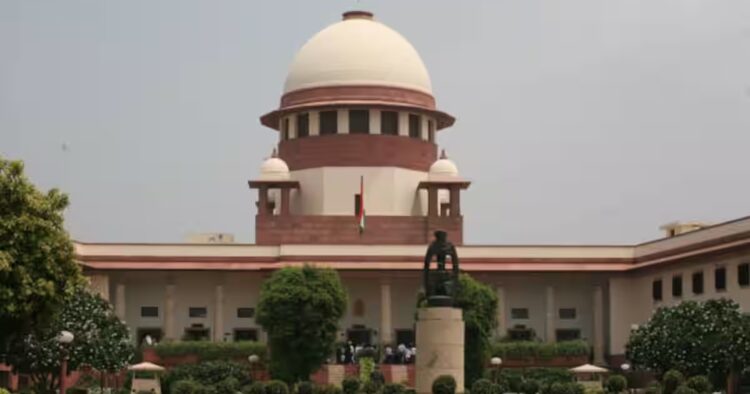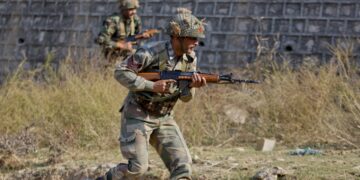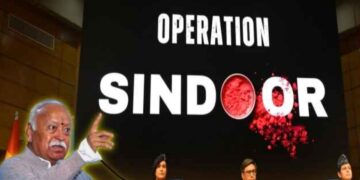The Supreme Court of India’s recent decision to grant bail to Jalaluddin Khan, a retired police constable accused of harboring suspected terrorists, has sparked widespread debate. The court’s ruling emphasized the legal principle that “bail is the rule and jail is an exception,” even for serious charges under special laws like the Unlawful Activities (Prevention) Act (UAPA).
While this decision upholds the rights guaranteed under the Indian Constitution, it raises significant concerns about its impact on national security and the broader implications for the country.
The case against Jalaluddin Khan was serious. The National Investigation Agency (NIA) had accused him of renting out the upper floor of his house to alleged members of the banned Popular Front of India (PFI), an organization linked to terrorist activities.
The NIA’s investigation uncovered what they described as a criminal conspiracy aimed at carrying out acts of terror and violence, with the potential to disrupt national unity and integrity. The agency claimed that Khan’s house in Phulwarisharif, Patna, was used to train individuals in violent acts and that there were plans to disrupt Prime Minister Narendra Modi’s visit in 2022.
Given these grave allegations, the Supreme Court’s decision to grant bail raises critical questions. While the court stated that the charge sheet did not provide sufficient evidence of Khan’s involvement in unlawful activities as defined under the UAPA, the fact remains that he was associated with individuals linked to terrorist acts.
The court’s observation that there was no direct evidence connecting Khan to the conspiracy does not negate the potential risk his actions could have posed to national security.
The principle that “bail is the rule and jail is an exception” is a cornerstone of the Indian legal system, ensuring that individuals are not unjustly deprived of their liberty. However, in cases involving national security, the application of this principle becomes more complex.
The Supreme Court’s decision underscores the importance of protecting individual rights, but it also highlights the delicate balance that must be maintained between civil liberties and national security.
This ruling has far-reaching implications for India. On one hand, it reinforces the judiciary’s role in upholding constitutional rights, ensuring that even those accused of serious crimes are treated fairly under the law. This is crucial for maintaining the integrity of the legal system and the democratic principles upon which India is built.
On the other hand, the decision could potentially embolden those involved in activities that threaten national security. By granting bail in cases where the accused are linked to terrorist organizations, the court may inadvertently send a message that the legal system is lenient towards such offenses. This could have serious consequences for the country, potentially undermining efforts to combat terrorism and protect national unity.
The case of Jalaluddin Khan also raises important questions about the effectiveness of the current legal framework in addressing issues related to terrorism. While the Supreme Court’s ruling is based on the evidence presented in the charge sheet, it is essential to consider whether the existing laws are adequate to deal with the complexities of modern-day terrorism.
The decision to grant bail in this case may prompt a re-evaluation of the UAPA and other related statutes to ensure that they effectively address the challenges posed by terrorism while safeguarding individual rights.
The Supreme Court’s decision to grant bail to Jalaluddin Khan is a landmark ruling that will have significant implications for India. While it upholds the principle of “bail is the rule,” it also raises serious concerns about national security and the potential risks associated with such a decision.
As the country continues to grapple with the threat of terrorism, it is crucial that the legal system strikes a balance between protecting individual rights and ensuring the safety and security of the nation.

















Comments